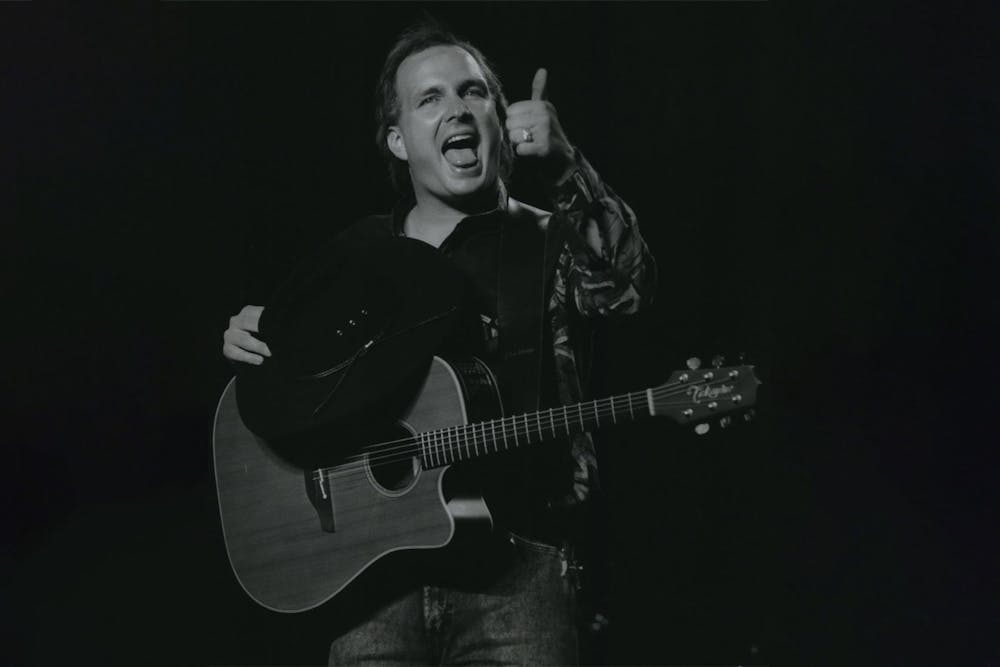Recently, I found myself watching Garth Brooks: The Road I’m On – an A&E documentary series that peeks into the life of the best-selling solo artist. Towards the end of the first episode, as Brooks reflects on his career, he speaks earnestly to the camera, “Between me and you, country music, I don’t think, has ever been treated with the same respect as pop, rock…We always kind of get downplayed.”
And Garth Brooks was correct.
When you ask someone, “What kind of music do you listen to," it’s common to hear someone excitedly reply, “Oh, I listen to everything! Except for country.” And when the word country rolls off their tongue, it sounds as if they were name-dropping “He Who Must Not Be Named” – the Lord Voldemort of all music genres.
Why has the genre of the American working class that is revered for its ability to tell stories over beautifully and simply written melodies become the laughing stock of the music industry?
Country music originated in the South, taking influence from the folk music of Appalachia and the blues music of the African-American South, as well as Mexican and Cajun traditional music of the West.
Jimmie Rodgers, the “Father of Country Music,” pioneered the genre during the 1920s, but it wasn't until decades later that the genre took off in popularity.
Dolly Parton, Johnny Cash, Willie Nelson and Patsy Cline are just a few names of country artists who dominated during the peak of the genre during the mid 1900's. Singing songs with themes of love, heartbreak, redemption, honesty and the simple joys of life, the artists of this genre became relatable to the majority of Americans.
“Of emotions, of love, of breakup, of love and hate and death and dying, mama, apple pie and the whole thing. It covers a lot of territory, country music does,” Johnny Cash once said.
The country music of the 1960s and 1970s saw crossovers with rock and roll, soul and pop, allowing it to become accessible to the mainstream, and the 1980s led to a country-rock revival.




